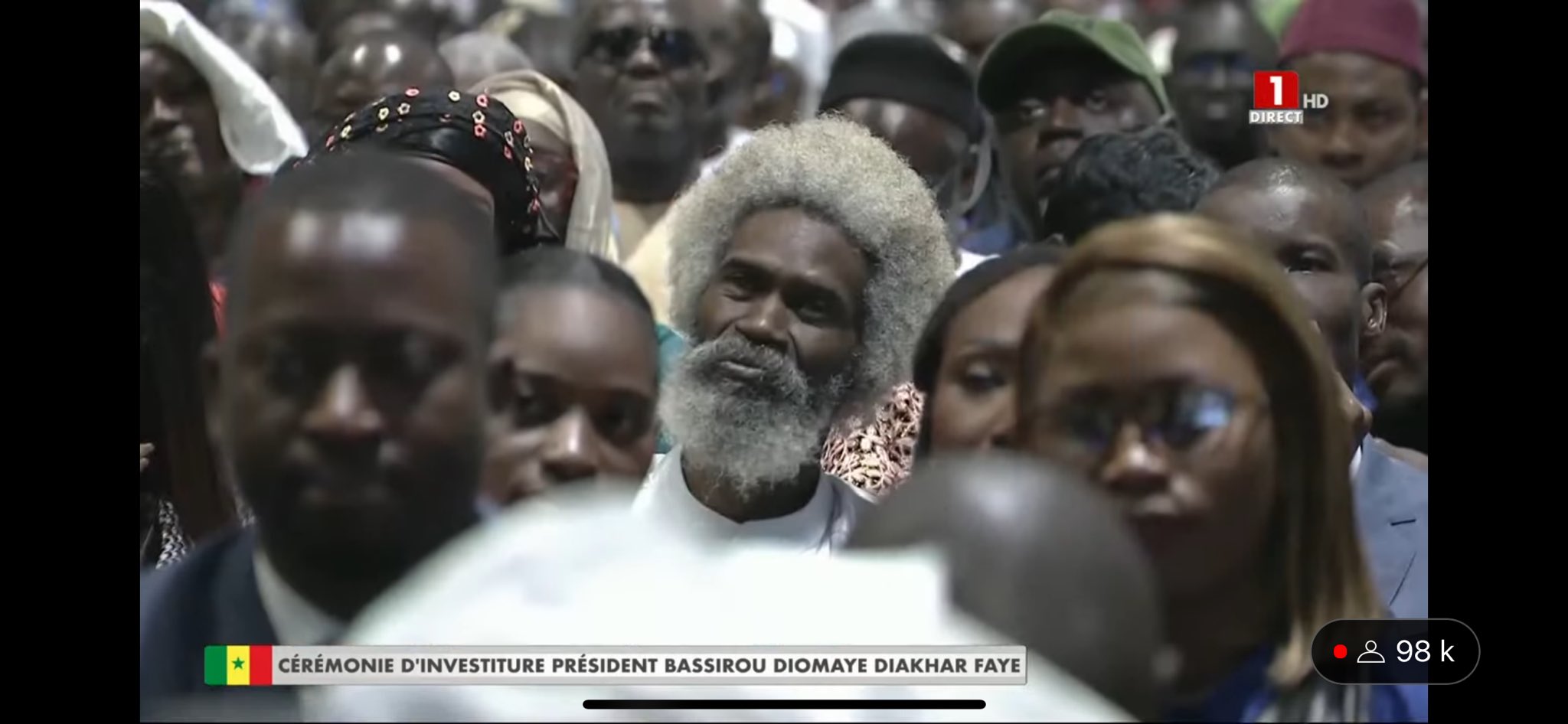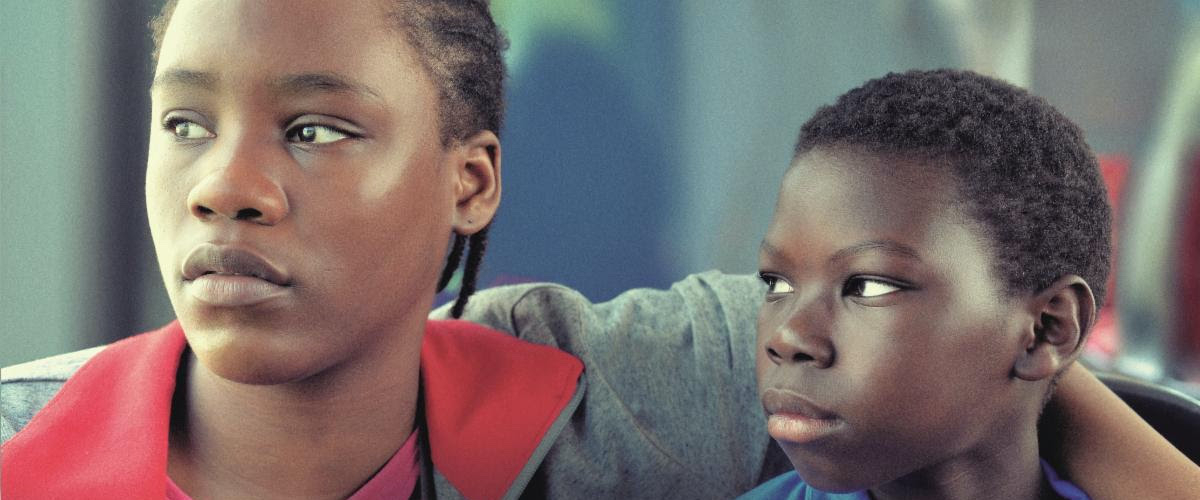Today in Dakar, during the inauguration of Sénégal’s new president, Bassirou Diomaye Faye put on a heavy gold necklace signifying he was “Grand master of The Order of the Lion.” The ceremony made me think first of Les Lions — Sénégal’s national soccer team — but I also heard echoes of Shelley…
Rise like Lions after slumber
In unvanquishable number–
Shake your chains to earth like dew
Which in sleep had fallen on you–
Ye are many — they are few.
Faye’s party won a landslide victory, though he was released from prison just ten days before Sénégal’s March 24th election (after eleven months in pretrial detention on a bogus charge)…
A few hours after the polls closed, partial results were already pointing to a first-round winner: Bassirou Diomaye Faye, the candidate of the most outspoken opposition to the incumbent government, and second in command of the African Patriots of Senegal for Work, Ethics and Fraternity party (PASTEF). Faye will be the youngest and most unexpected president in the history of independent Senegal.
Before his presidential candidacy, Faye was little known to the Senegalese public, working in the shadow of party leader Ousmane Sonko. Sonko, also a former tax official [and another victim of a rigged judicial proceeding] … gained popularity, especially among young people, for his highly critical discourse on the traditional political class and for his promises of a radical break from how the country has been governed for decades.
I flashed on Shelley again when I saw this photo of the grey-haired Maitre Cire Cledor Ly at the inauguration…



